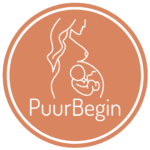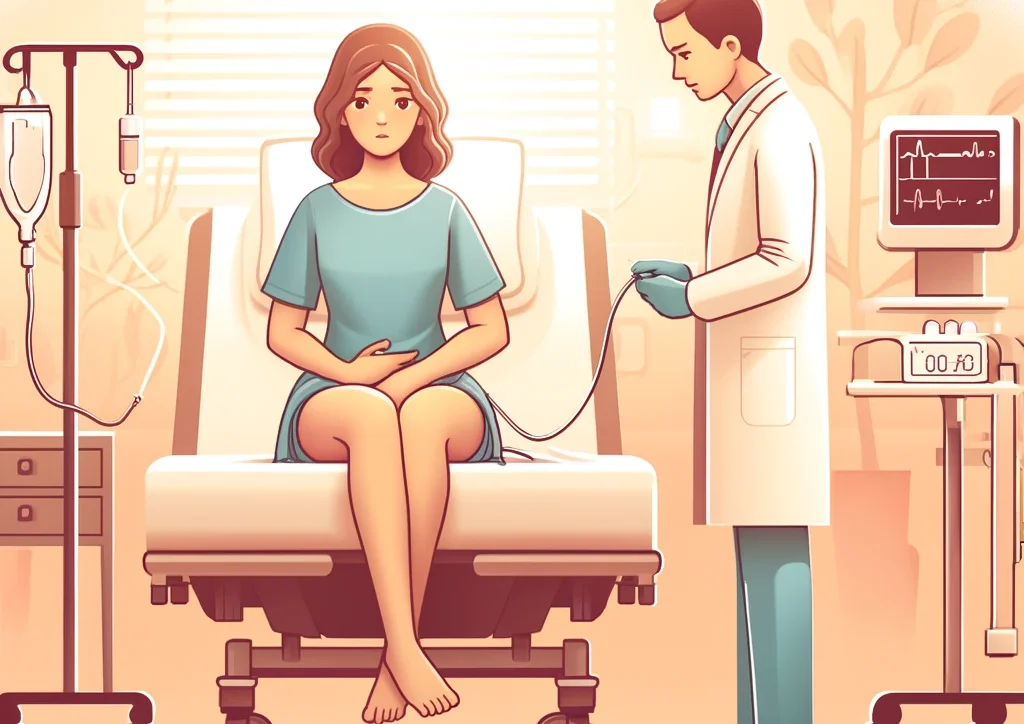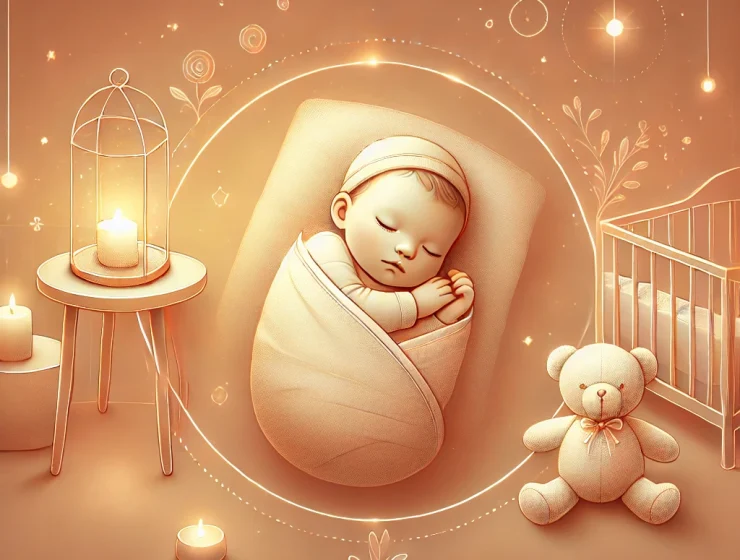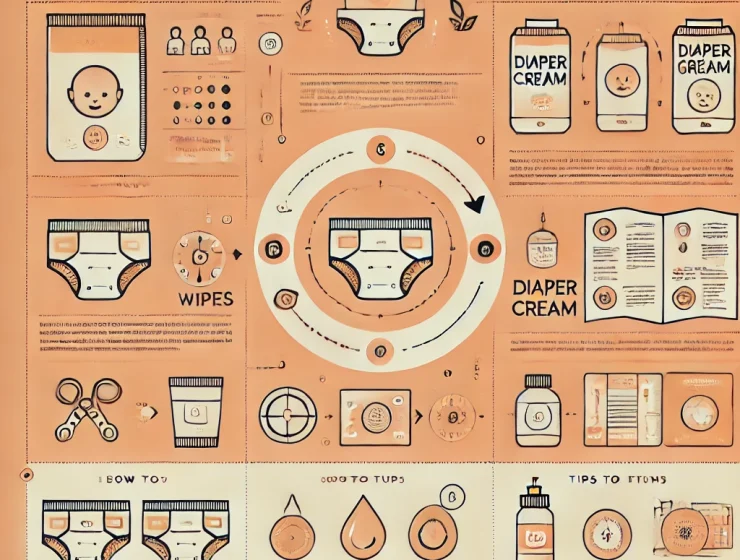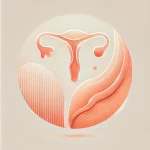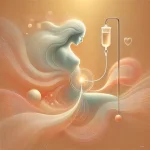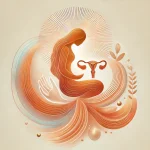While you’re enjoying those precious moments with your little one, unexpected and sometimes annoying physical symptomscan occur. One of these, that you may not have heard much about, is urinary retention. This simply means that you have difficulty urinating orcan’t urinate at all after giving birth. Don’t worry, you’re not alone and we’re here to help! In this article, we’ll explain exactly what urinary retention is, why it can occur after giving birth, and most importantly, what you can do about it. So, take a moment for yourself – even if it’s just a little bit – and read along. We’ll make sure you’re well-informed and feeling better about yourself in no time.
Causes of urinary retention after delivery
Urinary retention after childbirth can have several causes, often related to changes in the body. Hormones play a major role; during pregnancy, the body is flooded with hormones that can affect muscle function. Changes in the bladder and urinary tract during childbirth can also be an obstacle. In addition, there may be swelling and trauma to the urinary tract from the birth itself. Sometimes a catheter placed during birth can cause temporary disruptions to bladder function.
-
- Bladder swelling due to childbirth
-
- Effects of a catheter during childbirth
-
- Muscle function influenced by hormones
-
- Adjustment of the urinary tract
Other factors that can cause urinary retention include: psychological effects, such as anxiety and stress. These can disrupt the relaxation of the bladder muscles, making it difficult to urinate. Finally, complications such as infections or surgical interventions contribute to urinary retention. The following table summarizes some of these important causes:
| Cause | Description |
|---|---|
| Hormones | Changes in muscle function due to hormonal fluctuations |
| Bladder swelling | Swelling due to pushing during childbirth |
| Anxiety and Stress | Psychological influence on bladder muscles |
| Infections | Complications affecting bladder function |
How do you recognize urinary retention?
How can you tell if you suffer from urinary retention? It is important to know which symptoms are associated with this, so that you can recognize them in time. Various signals can indicate this problem. These can include:
-
- A constant urge to urinate without actually being able to go
-
- Pain or discomfort in the lower abdomen
-
- A weak urine stream or only a few drops at a time
-
- A “full” bladder feeling, even shortly after a visit to the toilet
Furthermore, there may also be some physical changes occur that can help you diagnose this problem. Take for example a swollen and hard lower abdomen. It can also be useful to regularly monitor your urine output shortly after giving birth to detect rapid deviations. Below is a simple table:
| Period | Urine volume (ml) |
|---|---|
| First 24 hours | 750 - 1000 |
| After 48 hours | 1500 – 2000 |
First aid for urinary retention
After giving birth, you may sometimes experience problems urinating. This can be very annoying, but luckily there are several steps you can take to address this problem. First, try to to urinate by yourself. Sit quietly on the toilet and take your time. Sometimes it can help to mumble softly or make a sound as if you are peeing. This can stimulate your bladder to empty. Don't forget to drink plenty of water. Good hydration often helps to get your bladder moving again.
-
- Drink enough water
-
- Try to relax, take your time on the toilet
-
- Turn on the tap when you are on the toilet, the sound of water can help you pee
If the problem persists, you can consult your midwife. Midwives PuurBegin is always ready to help you. Sometimes a warm shower can stimulate the bladder, or a cold compress on the lower abdomen. If you really can't urinate, the midwife may insert a catheter to drain the urine, so that your bladder is relieved and you feel better again. Below you will find a handy overview:
| Tip | Description |
|---|---|
| Heat | Take a warm bath or shower |
| Hydration | Drink at least 8 glasses of water per day |
| Staff | Contact your midwife for advice |
When should you seek help?
-
- Difficulty urinating completely.
-
- Pain or a burning sensation when urinating.
-
- Constantly feeling like you need to go to the toilet, but little urine comes out.
-
- Swelling or pain in the lower abdomen.
If you still have problems urinating within seven days after giving birth, then it is time to take action. Here are some situations when you should definitely seek medical attention:
| Situation | Action |
|---|---|
| Swelling in the lower abdomen | Call your midwife |
| Fever or chills with difficulty urinating | Call your midwife |
| Worsening pain | Make an appointment with your GP to provide urine |
Preventive measures for a smooth recovery
Preventative measures can often make a big difference in promoting a speedy recovery. First and foremost, it's important to stay well hydrated. Drinking enough water not only helps improve bladder function, but it also supports your body's overall recovery processes. Make sure to take small sips frequently, especially if you're breastfeeding.
-
- Make sure you visit the toilet regularly, even if you don't feel a strong urge.
-
- Try some light pelvic floor exercises to improve bladder control but be careful: not during a toilet visit when you have to pee! Only outside of toilet visits.
-
- Take your time to relax while peeing – don't rush!
-
- Avoid caffeine containing beverages, they can irritate the bladder.
In addition, a good diet can do wonders for your recovery. A diet rich in fiber, such as whole grains, vegetables, and fruit, can help prevent constipation and thus reduce the pressure on your bladder. It is also advisable to ensure sufficient rest and to avoid stress as much as possible. Stress can promote the production of certain hormones that can affect bladder function.
| What To Do | Why |
|---|---|
| Pelvic floor exercises | Increases bladder control |
| Sufficient rest | Reduces stress |
| Healthy food | Prevents constipation |
Conclusion
Hopefully, this article has given you some insight into what you can do about urinary retention after giving birth. It's important to know that you're not the only one who has to deal with this and that there are solutions that can help.
Stay informed!
Follow us on social media for the latest news and a look behind the scenes Midwives PuurBegin in Kampen.
Discover the daily adventures of our midwives, valuable tips for expectant parents and inspiring stories from practice.
Click on the buttons below and stay connected with our heartwarming team!
 |
 |
Sincerely,
Midwives PuurBegin
Address: Orkestlaan 148, 8265RC Kampen
Telephone: 085 40 19 095
